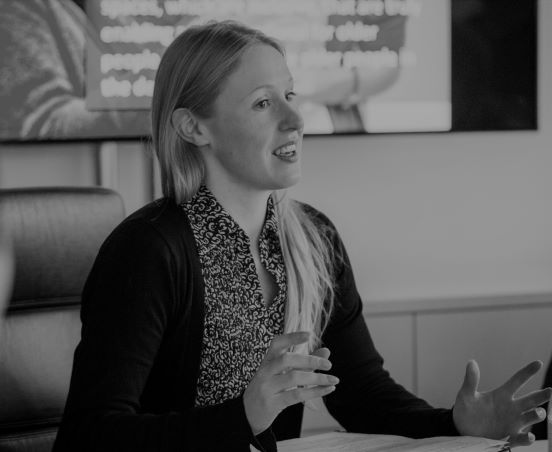Overview
The Space, Place, Environment and Liveability (SPEL) Pathway focuses on the environmental and societal challenges that affect how people live their lives, organise their communities, and interact with the natural and built environment. Dramatic weather events provide clear evidence of the climate crisis; and the impacts of pollution, biodiversity loss, deforestation and soil erosion are experienced by people worldwide on a daily basis. However there are significant differences in terms of preparedness and resilience, which underscores the criticality of institutional and geographical factors, in both urban and rural settings, and within and between the Global North and the Global South. This Pathway seeks to address these challenges through the nexus of ‘liveability’, which places an emphasis on infrastructures and their resilience (the coverage and security of vital services such as transport, energy and water); shifts within the built environment (space and place, housing policy and practice); and, the impacts of changing patterns of settlement (rural displacement, urban flight, cross-border migration). In doing so, liveability also highlights the inequalities and injustices resulting from the impacts of environmental crises and from the public and social policies and approaches that seek to tackle these challenges.
Contributing disciplines
The SPEL Pathway brings together researchers from a range of disciplines, including geography, urban planning, architecture, landscape design, environment, sociology, politics, education and health. It offers cutting-edge training to equip the next generation of interdisciplinary social scientists with the tools to respond to the interlinked challenges of climate change, environmental degradation, poverty and social exclusion in urban and rural areas at local, regional, national, international and transnational scales.
Pathway training and development
SPEL Pathway training showcases interdisciplinary theoretical and methodological approaches applied to contemporary challenges for people and places. Students are provided training across a range of thematic areas from urban infrastructure to cultural regeneration and global development challenges. We seek to situate training within the lived-experience of people and places. This includes thematic training based around a particular place (such as the Baltimore Series of events in 2021) or through delivering training ‘in the field’ (such as trialling methodological approaches through a visit to energy infrastructure developments, or investigating legacy of cultural events through walking tours). Students are encouraged to lead their own activities such as reading groups and student-led workshops.












